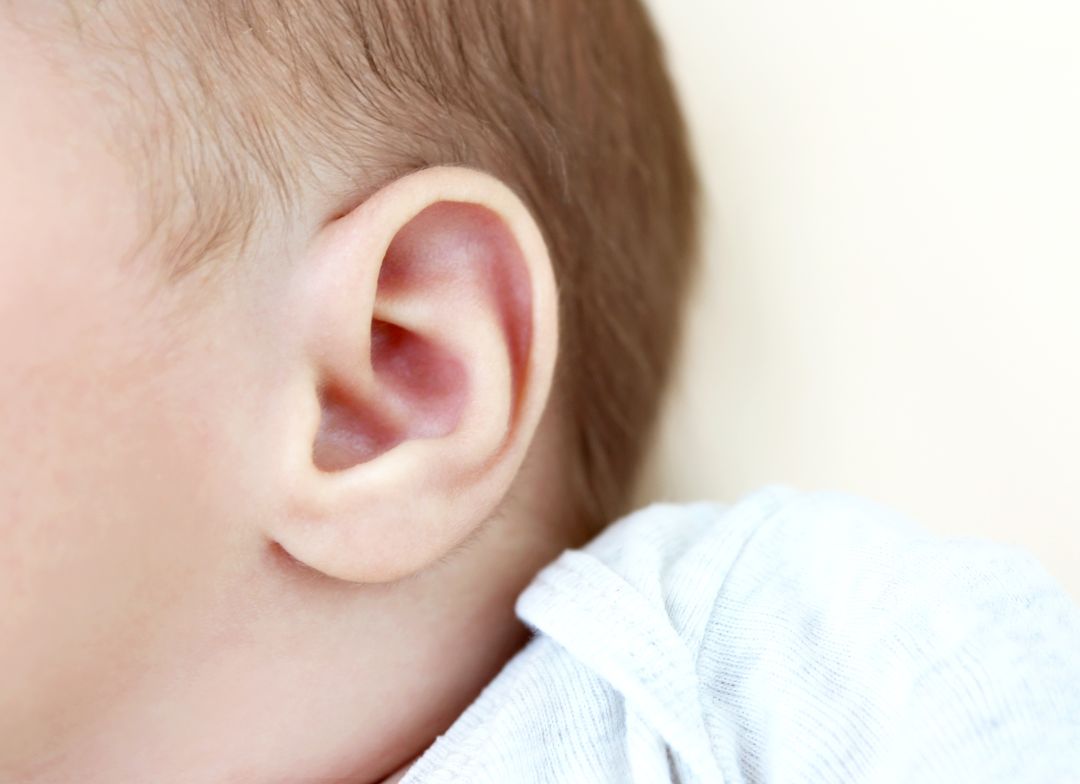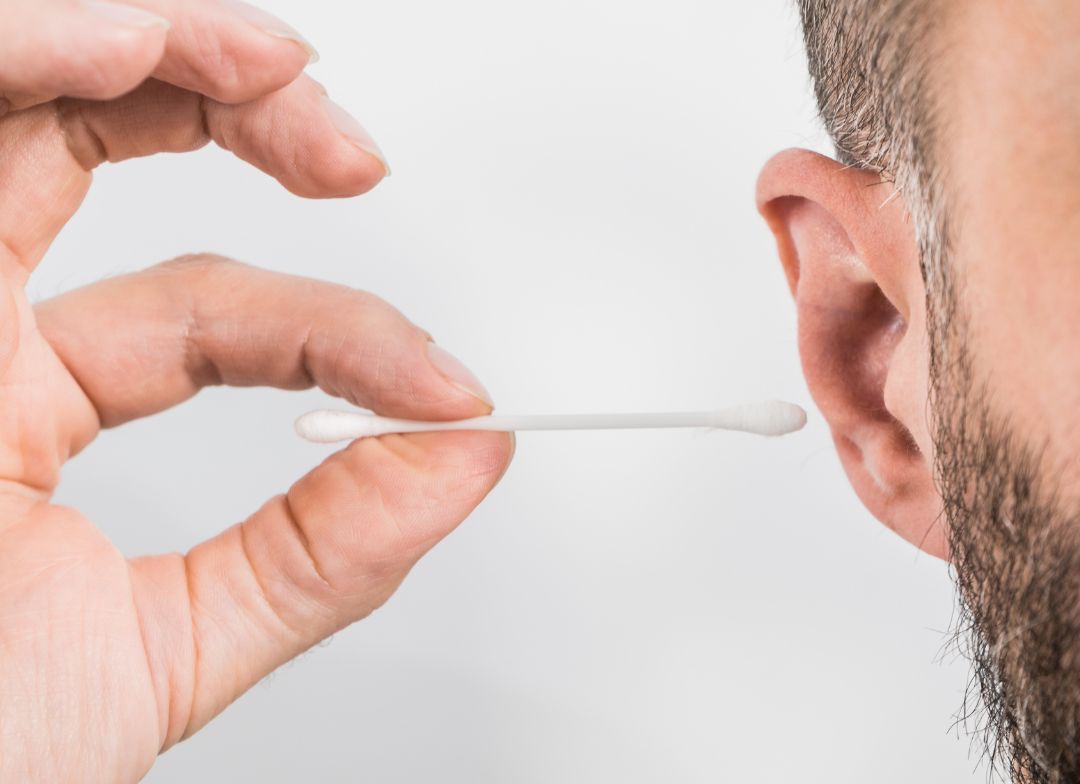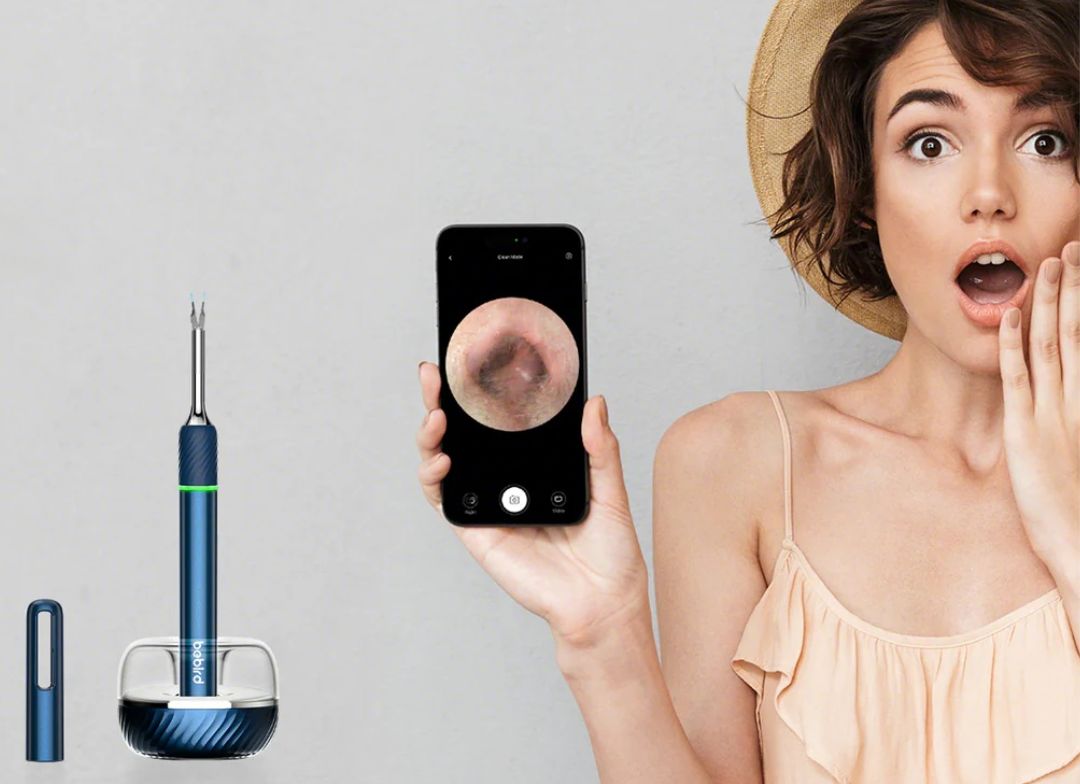We love babies, from their tiny fingers, small feet, and soft ears, that when you see them, you want to eat them. However, we often forget that these cute little creatures do require care. The cuter they are, the more special care they need.
Many parents may ask this question: Are babies’ ears more sensitive than adults’ ears? The simple and obvious answer is yes, they are very sensitive, and they need extra attention because they are in the development stage, especially in terms of taking care of their hygiene and health.
The structure inside the baby’s ears is smaller, soft, and more vulnerable to infections and blockages. Knowing how to best care for babies ’ ear health and when to involve a paediatrician is important.
Here in this article, you will find out why babies’ ears are prone and need care and attention, how to clean their ears, and how to avoid any mishap.
Why Are Infants More Susceptible to Ear Infections Than Adults?
Ear Infections are very common among young babies; in fact, it is one of the most common in early childhood. They are very prone to getting ear infections, especially when they are between the ages of 6 months and 2 years. Following are some of the reasons why they are vulnerable to ear infections.
Anatomy of a Baby’s Ear
Weak Immune System
Babies build their immune system slowly. This means that they will catch more infections than adults. Their immune system takes time to get fully equipped to fight common bacteria.
Exposed to illnesses
Babies always get illnesses, especially during the initial stages of development. They catch colds, especially from other children in daycare. Respiratory infections are another common issue, and all these lead to fluid building up in the ears, which then further leads to ear infections if not treated.
Different Feeding Position
It is very simple, but for some parents, it is hard to understand how important the feeding position is for babies. When they lie flat with bottle-fed babies, they will develop an ear infection. The milk in this way flows into the Eustachian tubes, which generate bacteria, and these become a cause of ear infections.
Feeding Position
Bottle-fed babies while lying flat are more likely to develop ear infections. This position can allow milk to flow into the Eustachian tubes, promoting the growth of bacteria.

Should You Clean a Baby’s Ear?
Yes, but not in the way you might be thinking right now. Probably the first thought that comes to mind is using Q-tips or cotton swabs. Using these can harm the baby’s ear canal, which can push wax further, and can cause infection, and can even harm the eardrum.
-
The best way to keep the outer part of the ear clean is, first of all. Although babies naturally produce earwax, this type of wax comes out of the ear canal.
-
So, if cleaning is very necessary, then it must be done by consulting a paediatrician focusing on external hygiene the most.
What are the Safest Ways to Clean a Baby’s Ears?
The following are some of the ways you can clean your baby’s ears if necessary.
Using Soft Washcloths
One of the best ways to clean babies’ ears is with a damp washcloth. When you give a bath to the baby, gently wipe and clean the outside of your baby’s ears. It will remove any dirt, sweat, or wax coming out.
Using Baby Ear Cleaning Tools
There are some ear-cleaning tools for babies that you can use. You can go with ear picks with safety guards or bulk syringes, which are used to remove any excess wax. Although these ear wax cleaner tools require some technique and I am sure you don’t want to practice it on your baby, it is important to consult with your paediatrician.
If you are going for an ear wax removal tool, make sure to see if they are labeled with these.
-
BPA-free
-
Pediatrician-recommended
-
Specifically designed for infants (ages 0–2)
However, it is necessary to consult with your pediatrician before using any of these.
Ear Drops for Wax Softening:
Now, some baby-safe ear drops are available that soften the hard earwax. Such drops contain diverse safe ingredients like mineral oil, glycerin, and hydrogen peroxide. You let these dropslet these drops sit for a few minutes, then slowly tilt the baby’s head to allow the wax to come outside. You can consult with your doctor further and then use it.
Let it be done by nature:
Somehow, if you leave it alone, the wax can come out on its own. So let the natural cleaning mechanism of the body do its work.

How Often Should You Clean a Baby’s Ears?
It mostly depends on the condition, though you don’t need to clean your baby’s ears every day. You only need to clean the outer ear 2-3 times a week using a warm washcloth after a bath. You can leave the inner ear alone and let the ear clean its wax on its own. You can take advice from a pediatrician on that.
What Should You See a Doctor for Instead of Cleaning at Home?
Knowing when to see a doctor is important, so you don’t try anything at home and make it worse.
When your baby has a fever over 100.4 °F (38°C), and if they have ear discomfort with that.
-
If they keep touching their ears and crying over it
-
If the fluid is coming out of the ears, especially in yellow, green, or bloody color
-
Lack of response to sound
-
A bad smell is coming from the ears
-
Swelling, inflammation, or redness inside the Ear.
-
These are some conditions when you must consult a doctor. Moreover, if you are concerned about your baby's health, immediately take your baby to the doctor.
Final Viewpoints
Babies are little cute creatures that always need their parents’ attention. There is no doubt that babies’ ears are more sensitive than adults’ ears; they are smaller, more prone to infection, and require extra care. Moreover, it is important to consult with your doctor before going for anything to keep everything on the safe side.
Related Reading:
Ear Wax Smell: Symptoms, Causes, and Treatment
A Guide to Gauge Sizes for Ears: What You Need to Know
The Top 10 Personal Hygiene Habits: Your Daily Hygiene Checklist
















Leave a comment
All comments are moderated before being published.
This site is protected by hCaptcha and the hCaptcha Privacy Policy and Terms of Service apply.